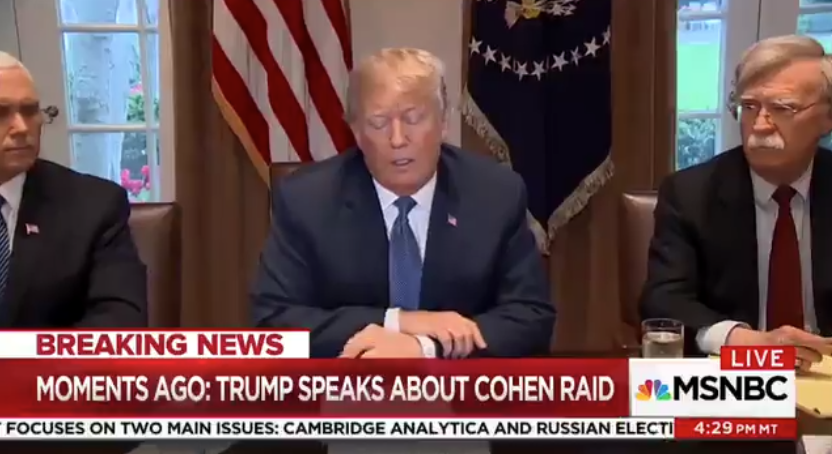SDNY Doesn’t Think Michael Cohen Is Much of a Lawyer
In this post, I noted that a bunch of what got seized in a raid of Michael Cohen’s home and office on Monday wouldn’t be privileged.
But boy oh boy was I being nice compared to the way the prosecutors from Southern District of New York dismissed the notion that Cohen was much of a lawyer in this filing opposing Cohen (and Trump’s) efforts to prevent FBI from going through Cohen’s seized documents.
Housekeeping
Before I get into that, a few clarifications on questions we’ve had. First, the filing makes it clear that the referral from Mueller’s office came months ago. SDNY has their own taint team.
The FBI agents who seized materials pursuant to the search warrants were filter agents who are not part of the investigative team and have been walled off from those AUSAs or FBI personnel assigned to the investigation (the “Investigative Team”).
The venue in SDNY is primary. Indeed, they mock Cohen’s representation that Mueller’s team wrote this warrant application by pointing out his misunderstood the metadata of it.
Although Cohen accurately states that the Special Counsel’s Office (“SCO”) referred this investigation to the USAO-SDNY, the investigation has proceeded independent from the SCO’s investigation. Cohen’s speculation, see Br. at 10, that the SCO drafted the search warrants is unfounded. The date in the bottom corner of the attachments is the date that the USAO-SDNY’s standard form search warrant rider was most recently updated for use by the office.
Given that Mueller handed off this part of the investigation entirely, then, it’s highly unlikely Mueller thinks there’s evidence of coordination between Wikileaks and the Access Hollywood video, as I laid out here (which is not to say Mueller isn’t happy that SDNY has raided Cohen).
In addition, the filing makes it clear that Geoffrey Berman has recused, with Robert Khuzami acting as US Attorney for this investigation.
The filing also reveals the scope of the search: “Michael Cohen’s residence, hotel room, office, safety deposit box, and electronic devices,” even while noting that they limited their search to certain categories of documents.
Not much of a lawyer
The lawyers from the famously self-important SDNY spend much of their brief not just demonstrating that Cohen was not serving as an attorney in the seized materials, but that he’s not much of a lawyer in any case.
The repeatedly note he has few if any clients besides Trump.
Based on information gathered in the investigation to date, the USAO-SDNY and FBI have reason to believe that Cohen has exceedingly few clients and a low volume of potentially privileged communications.
In a long passage arguing — as I did — that much of what was seized would not be protected by privilege, they sniff about how Cohen differs from a “traditional law office,” mocking the idea that he “holds himself out as a practicing attorney.”
Although Cohen is an attorney, he also has several other business interests and sources of income. The searches are the result of a months-long investigation into Cohen, and seek evidence of crimes, many of which have nothing to do with his work as an attorney, but rather relate to Cohen’s own business dealings. As set forth below, unlike a search of a traditional law office, the information gathered thus far in the investigation suggests that the overwhelming majority of evidence seized during the searches will not be privileged material, but rather will relate to Cohen’s business dealings.
Nevertheless, because Cohen holds himself out as a practicing attorney, each of the search warrants contains the following provision: Additionally, review of the items described in this Attachment shall be conducted pursuant to established procedures designed to collect evidence in a manner reasonably designed to protect any attorney-client or other applicable privilege.
When appropriate, the procedures shall include use of a designated “filter team,” separate and apart from the investigative team, in order to address potential privileges.
In one redaction, they suggest something about Cohen’s recent behavior suggests he couldn’t be practicing much law.
Cohen’s discussion in his own memo of the Strategic Partnership between him and Patton Boggs is entirely redacted (it may be included in the significant redaction on page 3), but in the government’s memo much of it remains unredacted. Which means this redaction might state, in more damning terms, what is described elsewhere — that they cut him off on March 2, in part because he had brought in only 5 clients for the $500,000 a year he got paid.
SDNY goes on at more length about how weak Cohen’s claim that his marketing relationship with Patton Boggs creates a great risk of privilege in the materials that got seized.
Second, Cohen’s claim to have privileged communicatons through a law firm that he describes as “Law Firm-1” omits facts about his relationship with Law Firm-1 that render it unlikely that a significant volume of attorney-client privileged material – if any – was seized in connection with Cohen’s relationship with that law firm. Specifically, on or about March 1, 2017, Cohen—through his wholly-owned entity, Michael D. Cohen & Associates P.C.—entered into a “Strategic Alliance Agreement” with the law firm (the “Agreement”).6 Among other things, the Agreement provided that Cohen would receive a $500,000 annual “strategic alliance fee” from the law firm. Under certain circumstances, Cohen would also receive a percentage of the fees charged by the law firm for clients introduced to the law firm by Cohen. The Agreement also spelled out other aspects of the relationship between Cohen and the law firm, including: (1) Cohen would be given an office at the law firm; (2) Cohen would maintain his own computer server system not connected to the law firm’s computer server system; and (3) the law firm would not have a key to Cohen’s office. In addition, based upon conversations with a representative of the law firm, the USAO-SDNY understands as follows, in substance and in part: (1) Cohen did not have an email address associated with the firm; (2) Cohen did not have access to the firm’s shared drives or document systems—and vice versa; (3) Cohen’s documents were to be kept in a locked filing cabinet; and (4) Cohen did not have access to any of the firm’s client files.
What is left (and what I’ll deal with in a follow-up) is the way Cohen wields his relationship with the President to try to shield his files.


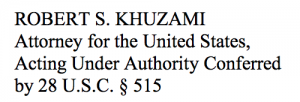

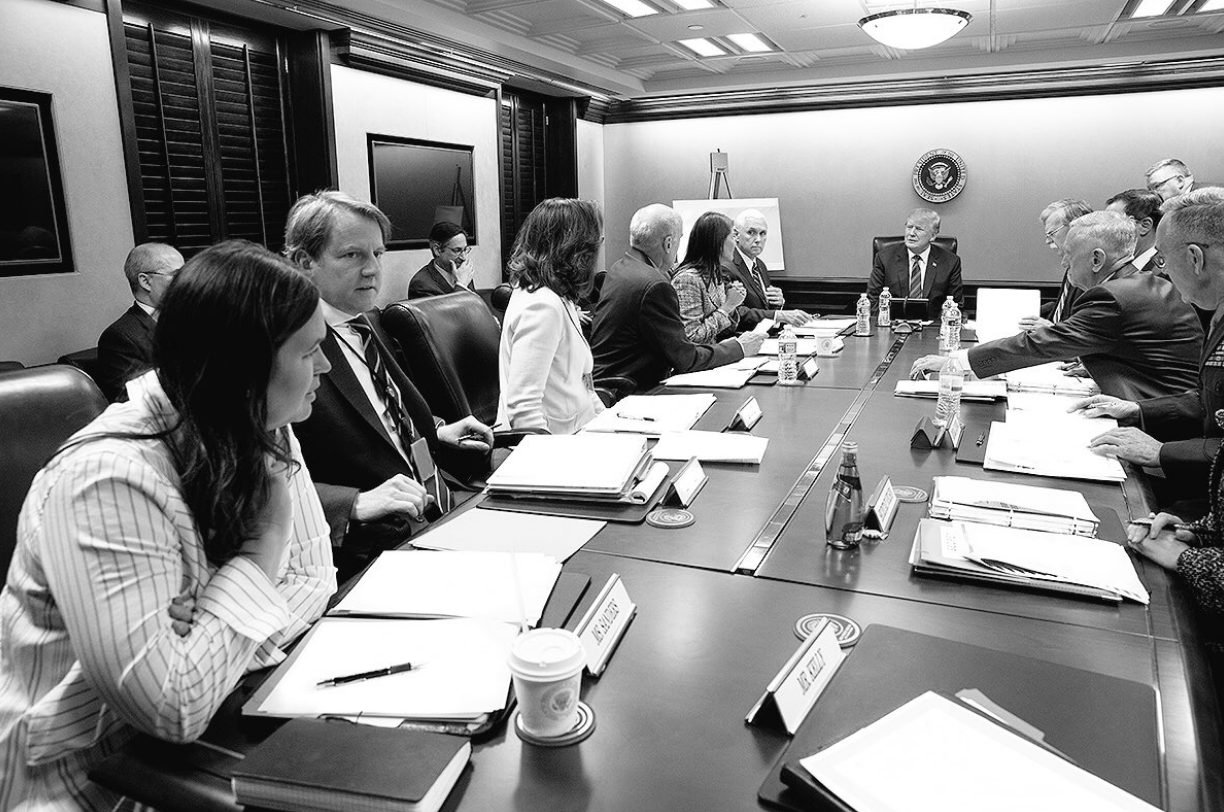
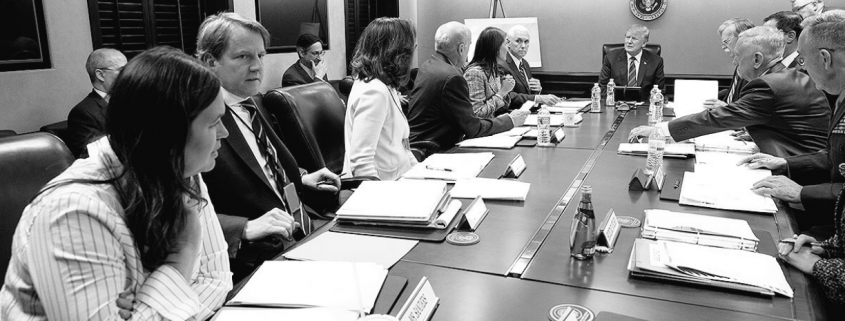
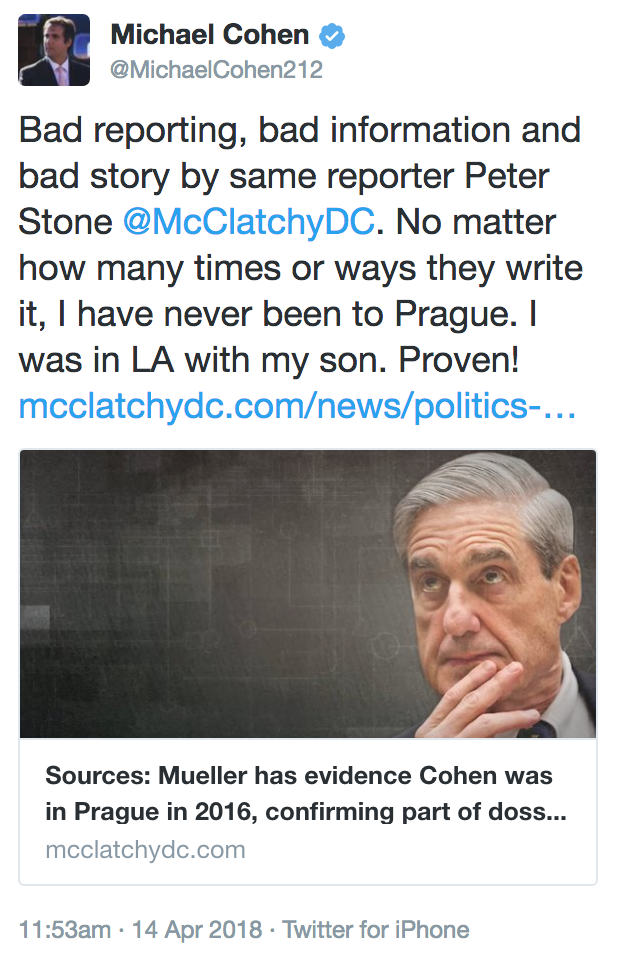

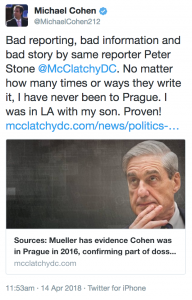


![[Photo: Emily Morter via Unsplash]](https://www.emptywheel.net/wp-content/uploads/2017/08/Question_EmilyMorter-Unsplash.jpg)

